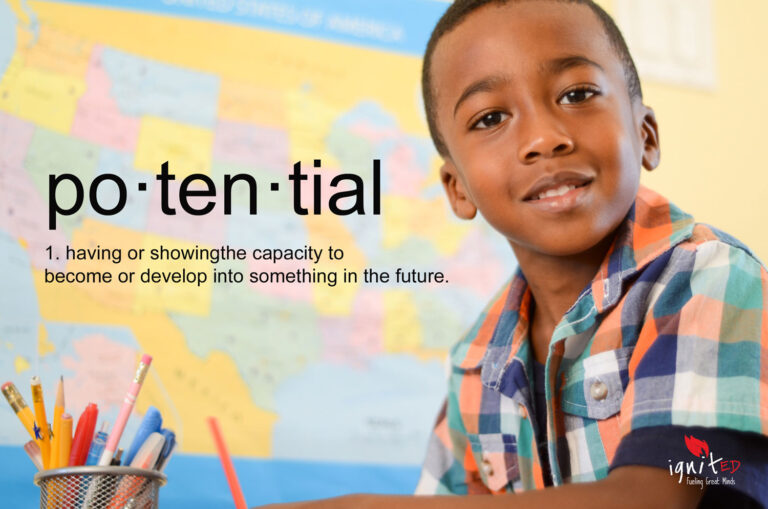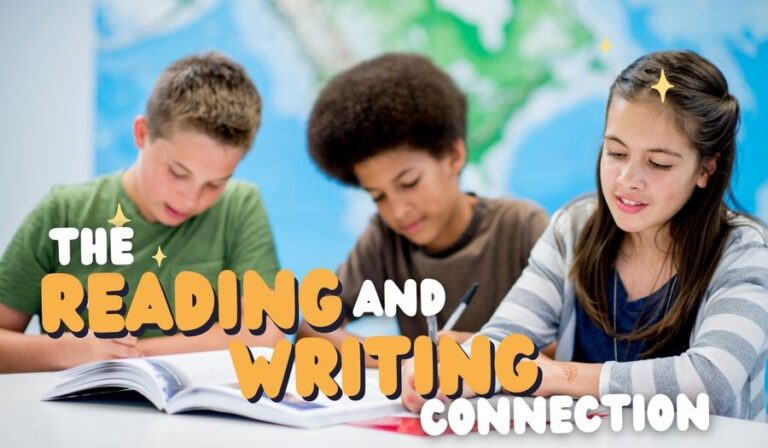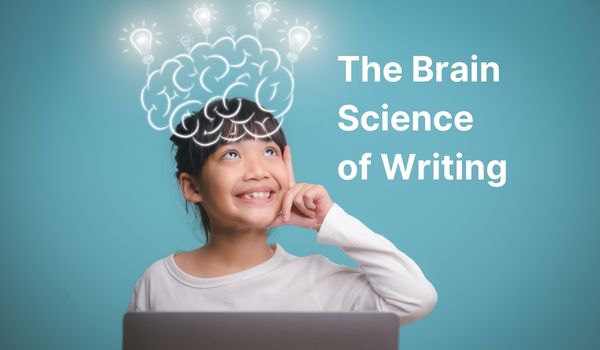How Does Writing Fit Into the ‘Science of Reading’?
In one sense, the national conversation about what it will take to make sure all children become strong readers has been wildly successful: States are passing legislation supporting evidence-based teaching approaches, and school districts are rushing to supply training. Publishers are under pressure to drop older materials. And for the first time in years, an instructional issue—reading—is…









